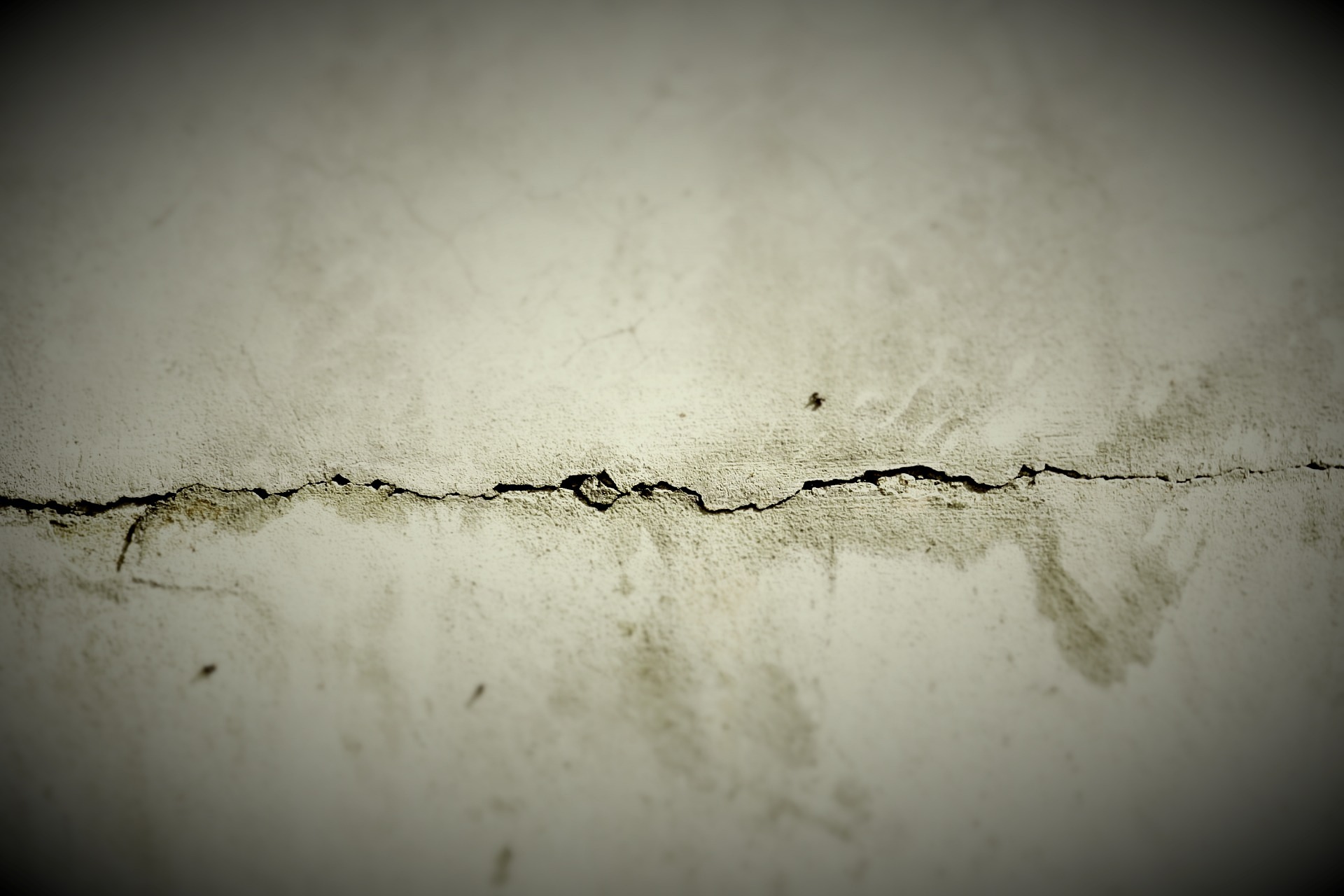Understanding Cleaning Careers: Stability, Benefits, and Professional Growth
Cleaning jobs are often underestimated, yet they form the backbone of many industries — from offices and hospitals to schools and hotels. Behind every spotless hallway or gleaming lobby stands a team of professionals who take pride in their work. This article explores what a stable cleaning career really looks like today: steady employment, reliable income, and benefits that make a difference in everyday life. Whether you’re seeking job security, a respectful work environment, or opportunities to grow within the company, you might find that a cleaning position offers far more than you expect — and perhaps even a salary that surprises you.

The cleaning industry represents one of the most consistently stable employment sectors across North America. While often overlooked in career discussions, professional cleaning roles offer significant advantages: steady demand regardless of economic conditions, flexible scheduling options, and increasingly competitive compensation packages. As businesses and institutions maintain heightened cleanliness standards post-pandemic, the cleaning sector continues to evolve, offering more specialized positions and career advancement opportunities than ever before.
Reliable Work in a Growing Industry
The cleaning industry demonstrates remarkable resilience even during economic downturns. When other sectors face cutbacks, cleaning services remain essential for businesses, healthcare facilities, schools, and residential properties. According to labor statistics, the janitorial and cleaning services industry is projected to maintain steady growth over the coming decade, with particular expansion in specialized cleaning services like medical facility sanitization and eco-friendly cleaning approaches.
This stability stems from the fundamental nature of cleaning work—it cannot be outsourced overseas or fully automated. While robotic cleaning technology advances, the need for skilled human workers who can make judgment calls, handle specialized equipment, and maintain quality standards remains paramount. This creates a foundation of job security that many other industries cannot match.
Competitive Pay That Reflects Dedication
Compensation in cleaning careers has evolved significantly in recent years. Entry-level positions typically start at competitive hourly rates, with many companies offering performance-based incentives and regular wage reviews. Specialized cleaning roles—such as those requiring certification in handling hazardous materials, operating specific equipment, or working in sensitive environments like healthcare facilities—command premium pay rates that acknowledge the additional skills and responsibilities involved.
Many cleaning professionals also benefit from overtime opportunities and shift differentials that can substantially increase overall earnings. Evening, overnight, and weekend shifts often include pay premiums that compensate for non-standard hours. Additionally, as workers gain experience and specialized skills, their earning potential increases accordingly, particularly when moving into supervisory or management positions.
Benefits That Support Everyday Life
Beyond base compensation, the benefits packages offered in professional cleaning careers have become increasingly comprehensive. Many established cleaning companies and institutional employers provide health insurance options, paid time off, and retirement plans—benefits once rare in the industry but now recognized as essential for worker retention and satisfaction.
The flexible scheduling inherent in many cleaning positions represents another significant benefit. With shifts available around the clock, cleaning professionals can often arrange work hours that accommodate family responsibilities, educational pursuits, or personal preferences. This flexibility proves especially valuable for parents, students, and those balancing multiple responsibilities.
Additionally, many employers now offer education assistance programs, helping cleaning professionals pursue certifications or degrees that enhance their career prospects. These programs recognize that investing in employee development benefits both the individual and the organization through improved skills and reduced turnover.
Career Growth and Respect in the Workplace
The cleaning industry offers clear pathways for advancement that don’t necessarily require formal education. Entry-level cleaning staff can progress to team leaders, shift supervisors, operations managers, and even business owners. This advancement often occurs through demonstrated reliability, attention to detail, and willingness to learn new skills rather than through academic credentials.
Professional development opportunities have expanded significantly within the field. Industry-specific certifications in areas like green cleaning practices, infection control, and specialized equipment operation allow cleaning professionals to differentiate themselves and qualify for higher-paying positions. Organizations like the International Sanitary Supply Association (ISSA) and the Building Service Contractors Association International (BSCAI) offer respected credentials that enhance career mobility.
Importantly, the perception of cleaning as merely “unskilled labor” has evolved, particularly as the pandemic highlighted the essential nature of these roles. Professional cleaners are increasingly recognized as environmental health specialists who play a crucial role in public safety and wellness—a shift that brings greater respect and recognition to the profession.
Specialized Cleaning Career Paths
The cleaning industry encompasses diverse specializations that offer unique career opportunities. Environmental services in healthcare settings require specialized knowledge of infection control protocols and medical-grade sanitization. Commercial cleaning specialists develop expertise in maintaining specific types of facilities, from office buildings to industrial complexes. Restoration cleaning professionals handle specialized situations like water damage, fire recovery, or mold remediation—roles that combine technical knowledge with problem-solving skills.
Each specialization pathway offers its own compensation structure, advancement opportunities, and professional challenges. For instance, certified restoration technicians often earn substantially more than general cleaning staff due to their specialized training and the critical nature of their work. Similarly, cleaning professionals who specialize in sustainable practices or who obtain leadership certifications can access higher-paying management positions.
The cleaning industry also offers entrepreneurial opportunities for those interested in business ownership. With relatively low startup costs compared to many other industries, cleaning businesses represent accessible entry points to entrepreneurship, allowing professionals with industry experience to build their own companies and create jobs for others.
As the cleaning industry continues to professionalize and adapt to changing environmental and health standards, career opportunities within the field will likely continue expanding. For those seeking stable employment with tangible growth potential, cleaning careers offer accessible entry points to long-term professional development in an essential industry that will always be in demand.




